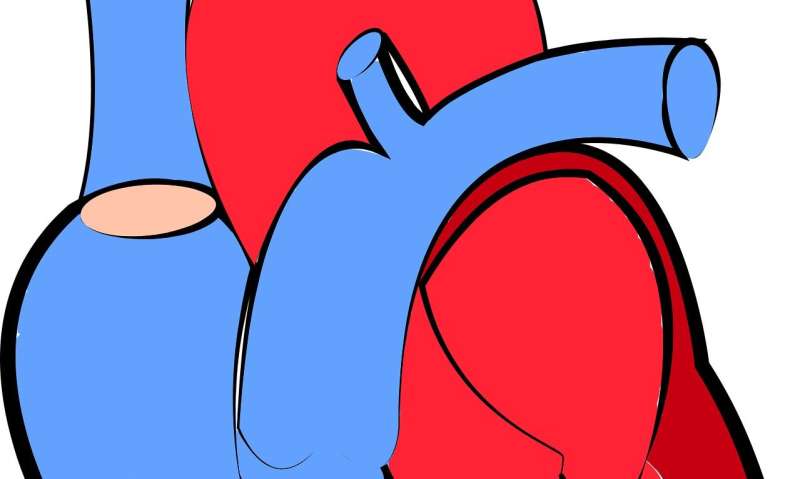Heart-on-a-chip mimics drug response seen in humans

Researchers from TARA Biosystems, Inc. and GlaxoSmithKline (GSK) today published data demonstrating that TARA's engineered heart-on-a-chip system replicated drug responses found in adult humans. The findings, published in the journal Toxicological Sciences, show TARA's 3-D-cardiac tissue platform can predict how human hearts will respond to a wide range of drugs, something that has been a challenge in pre-clinical models until now.
"The cardiac tissues generated in the study are the first to provide high-fidelity human drug responses and demonstrate the potential for evaluating the safety and efficacy of new therapies in preclinical development," said Michael P. Graziano, Ph.D., study author and Chief Scientific Officer of TARA Biosystems.
Cardiac toxicity is responsible for almost half of new medicine recalls. Regulations mandate that new drugs undergo a rigorous cardiac safety assessment before human testing, but predicting how human hearts will respond to potential drug toxicity has been difficult. Traditional in vitro systems and animal models do not fully capture the physiology of the human heart.
Human-induced pluripotent stem cells (iPSCs) hold great promise as a foundation to bridge the human translation gap. However, experimental models which rely on iPSCs alone lack relevant physiological hallmarks and drug responses seen in human heart muscle.
TARA leverages the power of iPSCs and subjects them to a rigorous maturation process on its patented Biowire II system, producing 3-D human cardiac tissues called Cardiotype tissues. In a study published earlier this year in Cell, TARA scientific founders validated the ability of the Biowire II platform to create physiologically relevant human cardiac tissues. Unlike models that rely solely on iPSCs, researchers can measure the force with which Cardiotype tissues contract, which better reflects human heart physiology by offering a measure of how well the heart can pump blood. The research also showed how the platform could be used to model different heart diseases by using iPSCs from patients.
In the current study, researchers from GSK worked with TARA to select a panel of clinically relevant drugs with known efficacy and toxicity profiles in the heart, for screening in the Cardiotype platform. These drugs, and their concentrations, were chosen to assess the predictivity of the Cardiotype assay in comparison to current methods for preclinical drug screening in pharmaceutical R&D.
The tissues responded to the range of cardiotherapeutic and cardiotoxic drugs selected as expected, replicating for the first time the human-like response to the drugs that other laboratory models failed to capture. The researchers also confirmed the findings at the molecular level, showing that the drugs were acting along the same molecular pathways seen in human heart tissue.
"At TARA we are proud to tackle cardiac safety in a meaningful way that will ultimately improve the quality of new medicines delivered to patients," said Misti Ushio, Ph.D., Chief Executive Officer of TARA Biosystems. "By using TARA's cardiac engineered tissue, drug development companies are able to obtain human relevant data earlier in the drug development cycle."
More than 20 pharmaceutical and biotech companies are working with TARA to assess cardiac risk and investigate novel cardiac disease models for heart failure drug discovery.
More information: Nicole T Feric et al. Engineered Cardiac Tissues Generated in the Biowire™ II: A Platform for Human-Based Drug Discovery, Toxicological Sciences (2019). DOI: 10.1093/toxsci/kfz168
Yimu Zhao et al. A Platform for Generation of Chamber-Specific Cardiac Tissues and Disease Modeling, Cell (2019). DOI: 10.1016/j.cell.2018.11.042



















